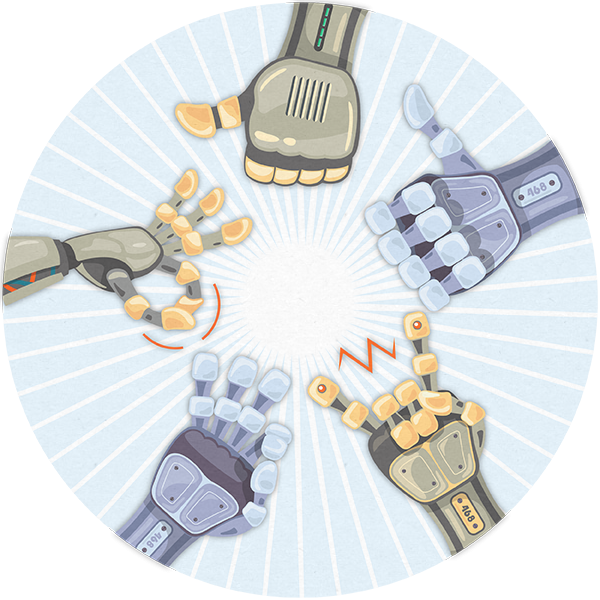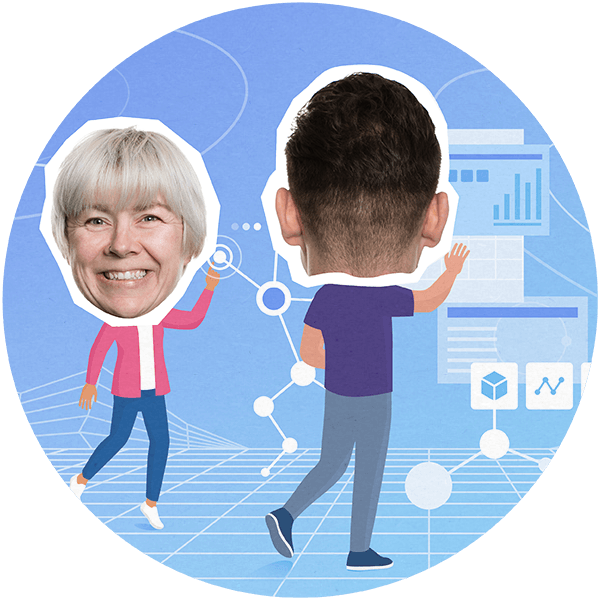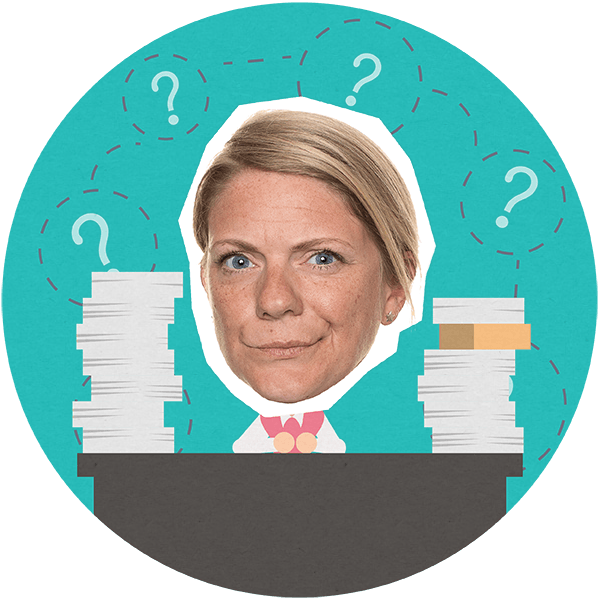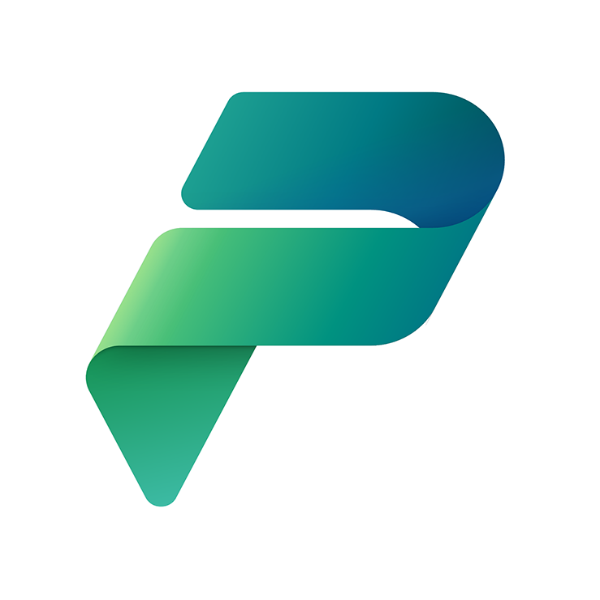Microsoft Dataverse
Dataverse (formerly known as Common Data Service or CDS) is Microsoft’s cloud-based database platform.


What is Microsoft Dataverse?
Microsoft Dataverse is a cloud-based data storage solution that allows businesses to store, scale and back up their important data. Dataverse can be linked to all manner of applications with an unlimited number of uses - for example, Power BI can feed data from any application funnelling data into the Dataverse.
You can report on the data, model it and share it to your Power Apps, automate processes in Power Automate based on that data, and have it seamlessly update across devices and systems from one centralised location.

How does Microsoft Dataverse work?
Like most databases, Dataverse is made up of tables and columns, and comes with a bunch of standard tables like Accounts, Users, Contacts, and Tasks, with the potential to create custom tables to fit your specific business requirements. Dataverse can be used exclusively as your sole and primary database, or as an intermediary database by utilising Power Query or Power Automate to periodically synchronise external data sources with.
These tables and columns are easily navigable and understandable because of the low-code nature of the Power Platform. Creating a custom table or adding a new column is as simple as clicking through and following the wizard – no development knowledge required.
The ability to implement complex business logic has not been eschewed in favour of accessibility, however. Calculated columns, rollup columns, and business rules can be used to enforce consistent logic across all applications sitting on top of Dataverse. Setting or clearing column values, displaying error messages, validating data – all of this can be implemented without writing a single line of code.
Reach out to our team if you need any further information

The benefits of Microsoft Dataverse
Microsoft Dataverse is a SaaS based data service, which can work with apps and data of any kind, You can manipulate data from Power Apps and visualise it through Power BI, as examples. You can use Microsoft Dataverse data in workflows using Azure Logic Apps.
We love Microsoft Dataverse because it is:
- Easy to use and manage for those with little to no development experience
- Compliant with stringent security standards and globally recognised safeguards and certifications - read more about Microsoft's supported standards
- Built on Azure, Dataverse is secured by Microsoft technologies and protected through role-based permissions and levels of data encryption
- Scalable from small businesses to those with enterprise-level needs
- Globally available, giving businesses the confidence to expand their offering further, with the backing of Dataverse

Dataverse Licensing and Pricing
Microsoft Dataverse does not require a licence of its own - the licence is included as part of your Power product purchase. This means that purchasing licenses for Power Apps, Power Automate, Power Pages or Power Virtual Agents includes use of Dataverse. There is a default storage capacity dependant on the plan you select.
The default capacity is as follows, totalling 5GB:
- 3GB Dataverse database capacity
- 3GB Dataverse file capacity
- 1GB Dataverse log capacity
Further storage capacity can be purchased when required. You can do so in increments of 1GB - this can be done through your Power Platform admin portal. If you're a customer of ours, please do get in touch and we can assist you with this.

Dataverse and The Power Platform
With Dataverse set up, we can now use the full suite of Power Platform products, all of which integrate natively and seamlessly with Dataverse, to create business solutions.
Eliminate the need to switch between applications for a seamless end-to-end experience. Power Apps and Power Pages become integrated solutions when combining with Dataverse.
Power Virtual Agents can support your users alongside the Dataverse by making use of your data to assist customers and employees with their frequently asked questions.
More benefits of the Power Platform
Dataverse for Microsoft Teams
As well as standard Dataverse, as of September 2020 Microsoft introduced a standalone Teams version – Microsoft Dataverse for Teams. Dataverse for Teams is almost identical to Dataverse – users have access to a Dataverse database per Team, and the ability to build apps, flows and chatbots to be used by anyone who is a member of this team.
The most obvious appeal of Dataverse for Teams is the cost implication – or lack of! Dataverse for Teams is included with Microsoft 365 subscriptions that have Teams access, which makes it a great place to start if you are a Teams user who is yet to dip your toes into the world of Power Platform.
Dataverse FAQs
What's the difference between the Common Data Service and Dataverse?
You may hear the term ‘CDS’ used interchangeably with Dataverse. That is because they are one and the same. The Dataverse/Common Data Service is the platform itself – it uses the Common Data Model (CDM) as a framework and allows users to build on top of it.
What is the Common Data Model?
CDM stands for 'Common Data Model’. The key difference between the two is that the Common Data Model represents a framework which standardises data concepts, like the standard entities (Accounts, Users etc).
Do I have to use Dataverse?
The Power Platform attracts prospective customers with all sorts of different backgrounds and plans. Some have had fully fledged ERP systems in place for decades and want to use Power Automate to streamline an inefficient business process; some want to start developing their own Power Apps so the finance team aren’t so reliant on Excel spreadsheets; and some want to build an entire ERP solution using the Dataverse as the backend and Model-driven Power Apps as the front.
What is important to stress is that not all of these scenarios demand the use of Dataverse. There are hundreds of pre-built connectors which allow for apps and flows which interface directly with your existing data source, like SQL, OneDrive and Sharepoint, or existing ERPs like Dynamics 365 Business Central, Salesforce and SAP. If your data source doesn’t have a pre-built connector, but has a REST API, a custom connector can be built to facilitate this connection.
.png)